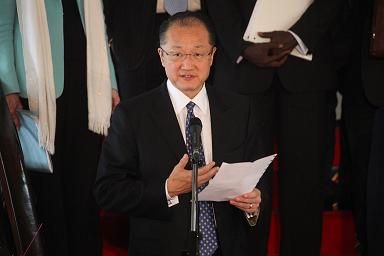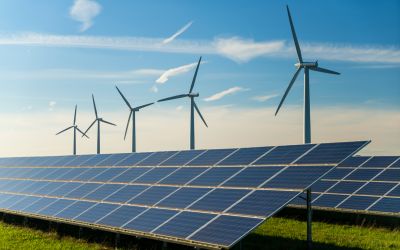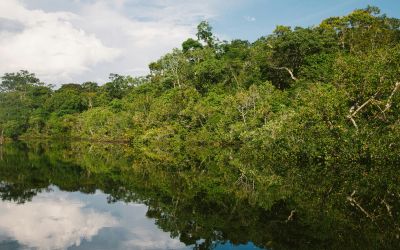World Bank chief calls for carbon tax and end to fossil fuel subsidies
Jim Yong Kim has said that developing nations are feeling the brunt of climate change and carbon reforms are needed

The president of the World Bank has said that developing nations are feeling “the boot of climate change on their neck”, and has called for a new carbon tax and for subsidies for fossil fuels to be scrapped.
Jim Yong Kim said the impact of extreme weather events and rising temperatures was more severe in poorer nations, and voiced his support for a five-point plan to deliver low-carbon growth.
Ahead of this week’s biannual meeting of the World Bank in Washington D.C., Kim highlighted the energy of the divestment campaigns on student campuses in the United States, aimed at persuading investors to remove their stakes in fossil fuel companies.
Kim said: “we have a whole new generation that is interested in climate change”, and predicted that introducing new carbon taxes could trigger a surge in clean technology which would reduce poverty and prevent global temperatures from rising by more than 2°C above pre-industrial levels.
Kim said it was dangerous for governments to increase the use of coal, oil and gas by providing subsidies.
Governments currently spend around $1 trillion (£680bn) per year subsidising fossil fuels and Kim said: “Fossil fuel subsidies send out a terrible signal: burn more carbon. You can have growth that will protect the planet and decouple carbon emissions from growth. We can get it now, but it would be much easier if we put a price on carbon.”
The World Bank chief also said that, in addition to introducing a carbon tax and scrapping fossil fuel subsidies, the Bank is aiming to boost spending on energy efficiency, sustainable agriculture and pollution reduction in cities.
With the governments in China and India coming under increased pressure from their populations due to heavy pollution in cities, Kim highlighted that the dangers of climate change are more pressing in developing countries.
Kim said: “They can feel the boot of climate change on their neck, more so than people in the developed world. The results of the increased frequency and intensity of extreme weather-related events are having a much bigger impact in poor countries than in the US or Europe.”
The World Bank will be a key participant at the UN climate change conference in Paris later this year and Kim said he wanted to see the talks result in a global binding agreement that will commit the international community to a zero-carbon world by the end of the century; a financing deal that would provide poor countries with $100bn (£68bn) by 2020 to help them adapt to and mitigate against climate change and a bigger role for the private sector to innovations to support emissions reduction.






